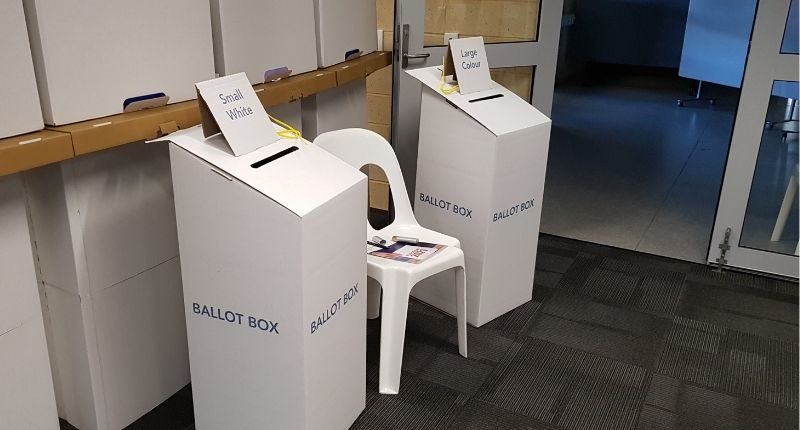- Calls for extension and increase to first home builders grant
- Government efficiencies need to improve, stormwater and electricity causing bottlenecks
- $6 million needs to go into transport infrastructure
Tasmania heads to the polls a tomorrow fortnight (1 May), and The Property Tribune takes a look at the property policies going into the election.
On Wednesday, The Property Tribune looked at the housing policies of the two major parties.
Party policy recap
The Liberals said their money will go to 450 homes at the Hobart Showgrounds if elected, with a price tag of $42.15 million; 150 would be social and affordable housing. Labor one-upped the Liberals, committing to 490 homes at the lower cost of $37.8 million, a further $17.5 million going to social housing.
In other policy, the Liberals announced $4 million to help the building and construction sector, Labor proposing $15 million to guarantee apprenticeships for over-35’s.
Property Council Tasmania pitch
The five key issues the Property Council is pitching to the parties are:
- Streamlining planning processes,
- Efficient governance,
- Eliminate disproportionate property taxation,
- Population growth to drive economic activity, and
- Transport infrastructure.
Better planning and governance
The Property Council is calling for the Tasmanian government to address inconsistencies and “excessive red tape”, which the Council said is causing project costs to go up significantly. Both state and local government planning processes could be better synchronised, at the moment it lacks certainty and transparency.
The issue isn’t restricted to Tasmania though, as widely reported, one of the issues arising from the home building boom nationwide is lack of coordination between agencies. It has caused a number of federal government grant recipients sleepless nights wondering whether construction will start in time for the commencement deadline.
The Council called its second point “removing the regulatory handbrake”, the essence is to ensure the government departments, agencies, statutory bodies, councils, all work together efficiently.
Part of the drive is said to be from poor experience as expressed by Property Council members in point 2.4 of the Council’s election platform, the Council said: “local government is inconsistent in its approach to a variety of policy matters, such as stormwater, vegetation retention and application fees; is under resourced to cater for complex development projects; and overzealous in seeking excessive up-front information from developers.”
The Property Council Tasmania also wanted consistent and equitable policy around infrastructure and public open space contribution requirements, also calling for improved electrical services from TasNetworks.
Finance, tax, and transport
State-based grants are also an area of focus, the Council is calling for grants to be extended beyond June this year and increase the amount by $10,000 to $30,000 in total.
In other policy, the Property Council is urging property tax reform is needed by 2025, for the state to drive migration to the state “more aggressively”, and for some $6 million to be put into funding and developing the transport infrastructure and public transport.









